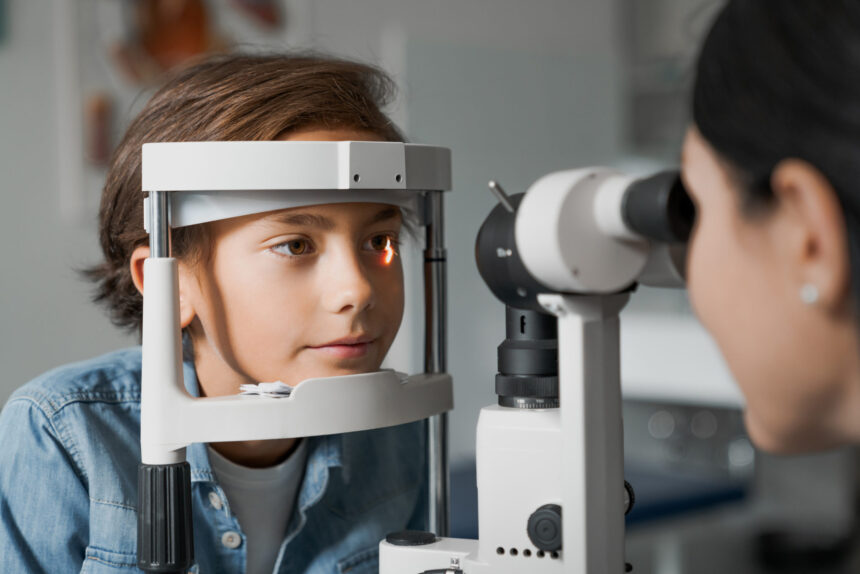Eye health is often overlooked in one’s busy life. Yet, scheduling an annual eye exam is a crucial step in maintaining good vision and preserving overall health. These exams can unveil critical insights into one’s body’s condition, catching potential health issues early when they are most manageable.
Early Detection of Eye Conditions
Early detection of eye diseases is a primary benefit of regular eye exams. Conditions like glaucoma, cataracts, and macular degeneration can progress silently, without symptoms in the initial stages. An eye exam can identify these issues early, providing an opportunity for treatment that can significantly slow progression and protect your vision. This proactive approach can make all the difference in preserving your sight for the long term.
Catching these diseases early means that treatment can be simpler and more effective, reducing the risk of complications.
Uncovering Hidden Health Problems
What’s remarkable about eye exams is their ability to reveal hidden health issues. Conditions such as diabetes, high blood pressure, and high cholesterol can manifest in the eyes before other symptoms become apparent. For instance, diabetes can lead to diabetic retinopathy, a condition that can be detected through changes in the blood vessels of your eyes.
An eye exam can lead to early intervention for these systemic conditions by spotting these signs early. This early detection is crucial in managing these diseases effectively, preventing more severe health outcomes.
Assessing Your Vision Health
Assessing your vision health is more than just determining whether you need glasses. It involves comprehensive testing to evaluate how well your eyes work together, respond to light, and how sharp your peripheral vision is. These tests can uncover common vision issues, such as astigmatism or presbyopia, affecting your daily activities and overall quality of life.
The second aspect of assessing your vision health is understanding how your eyesight impacts your day-to-day activities. Whether it’s difficulty reading, challenges with night driving, or eye strain from computer use, an eye exam can identify solutions to improve your quality of life. This could mean a new prescription, advice on eye strain reduction, or identifying the need for more specialized care.
Monitoring Changes Over Time
As people age, their eyes and vision change, making regular eye exams crucial for monitoring these changes. Over time, you may require different corrective measures, or you might need more frequent monitoring for conditions like glaucoma, especially if you have a family history of the disease.
Regular eye exams allow your eye care provider to update your care plan based on these changes, ensuring that your vision care is as effective as possible. This ongoing monitoring is essential for your vision independence and quality of life, allowing you to comfortably maintain activities like driving and reading.
Promoting Overall Well-being
Regular eye exams contribute significantly to your overall well-being. Knowing that your eyes are healthy can provide peace of mind, while early detection of problems ensures they can be managed effectively. This proactive health measure plays a crucial role in your life, impacting everything from daily activities to preventing serious health issues.
These exams can serve as a reminder of the importance of health maintenance in a broader sense. They’re an integral part of your healthcare routine, emphasizing the interconnectivity of vision health and general well-being.
The significance of regular eye exams extends far beyond vision correction. They are crucial to preventive health care, offering insights into your overall health and catching potential issues early. So, make scheduling your annual eye exam a priority—it’s a small step that can greatly impact your health and well-being.






